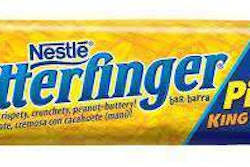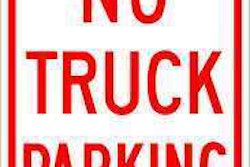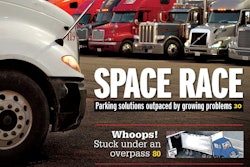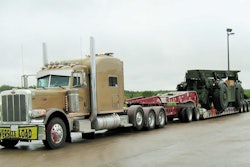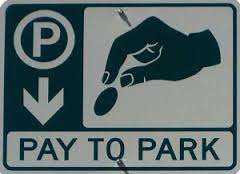
We paid for parking in Charleston, Mo., a couple of nights ago, at an establishment we spent over $20,000 with collectively last year. I’m not going to lie – it stung a little. For some reason, that $12 seemed pretty close to the straw that broke the money camel’s back. On the other hand, it was really nice to know we had a spot waiting for us, even if we did have to pay for it.
Let’s face it, if you can’t stop to look for parking before 3 p.m., you’re pretty screwed these days. And even if you’re running nights, good luck finding a spot in the DFW area at all. Love’s and T/A in Rockwall are slam full by 11 a.m., and all the trip planning in the world isn’t going to magically create more parking spots in Seattle. There are simply not enough.
When we posted the question of, “What do you think about paid parking spaces?” we got about the same response we got to, “What do you think of super singles?”
Some are happy to use them, some hate them instinctively and want to burn the places that participate in the practice down, and some are as ambivalent as I am about it. There are days when I think it’s the worst thing in the world, but those feels evaporate when we find ourselves needing them.

Whether or not you love it or hate it, the underlying feeling of being screwed out of another twelve to eighteen bucks is still prevalent, especially for those of us who are very specific about where we fuel. When you commit to one company, and spend the bulk of your fuel dollars there, it’s hard not to feel like they’re just extorting you because they can. Points on your rewards card are nice gestures, but they’re not cash money, and the physical act of having to pull out your wallet isn’t offset much by the psychological knowledge that you’ve “earned” a free shower or cup of coffee.
Here’s the other side of the pancake.
It costs money to provide parking and maintenance to the lots. Those people you see riding around on golf carts, emptying trash, don’t do it because they like the smell of pee — they’re paid employees. It costs an average of $22 per space, per day to maintain a lot, and not everyone using the lots are paying customers. I know most drivers realize this, but there are a select few who think Pilot or Love’s owes them a parking spot, just because it’s a truck stop. Consequently, these are the same people who are most likely to take a crap on the ground beside their truck, and then whine about how filthy everything is.
Parking is a multifaceted issue that will only get worse with ELD mandates. The truck stops know this, and because they’re in business to make money, they’re going to capitalize on it. These are undeniable facts, and quite frankly, I don’t know of anyone in business who wouldn’t take the opportunity to do so. When convenience is part of your business model, offering convenient, reserved, paid parking is a natural progression.
We, as a rule, don’t like paying for parking. George has to be pretty much out of options, or know for sure we’re heading into an area of parking hell, before he’ll do it. That being said, when we get to those areas, the stress level is reduced by about a million percent by knowing we have the option, even if we don’t like it. The bottom line is, truck stops are private property, and they can operate the spaces as they see fit, no matter who likes it or dislikes it.

